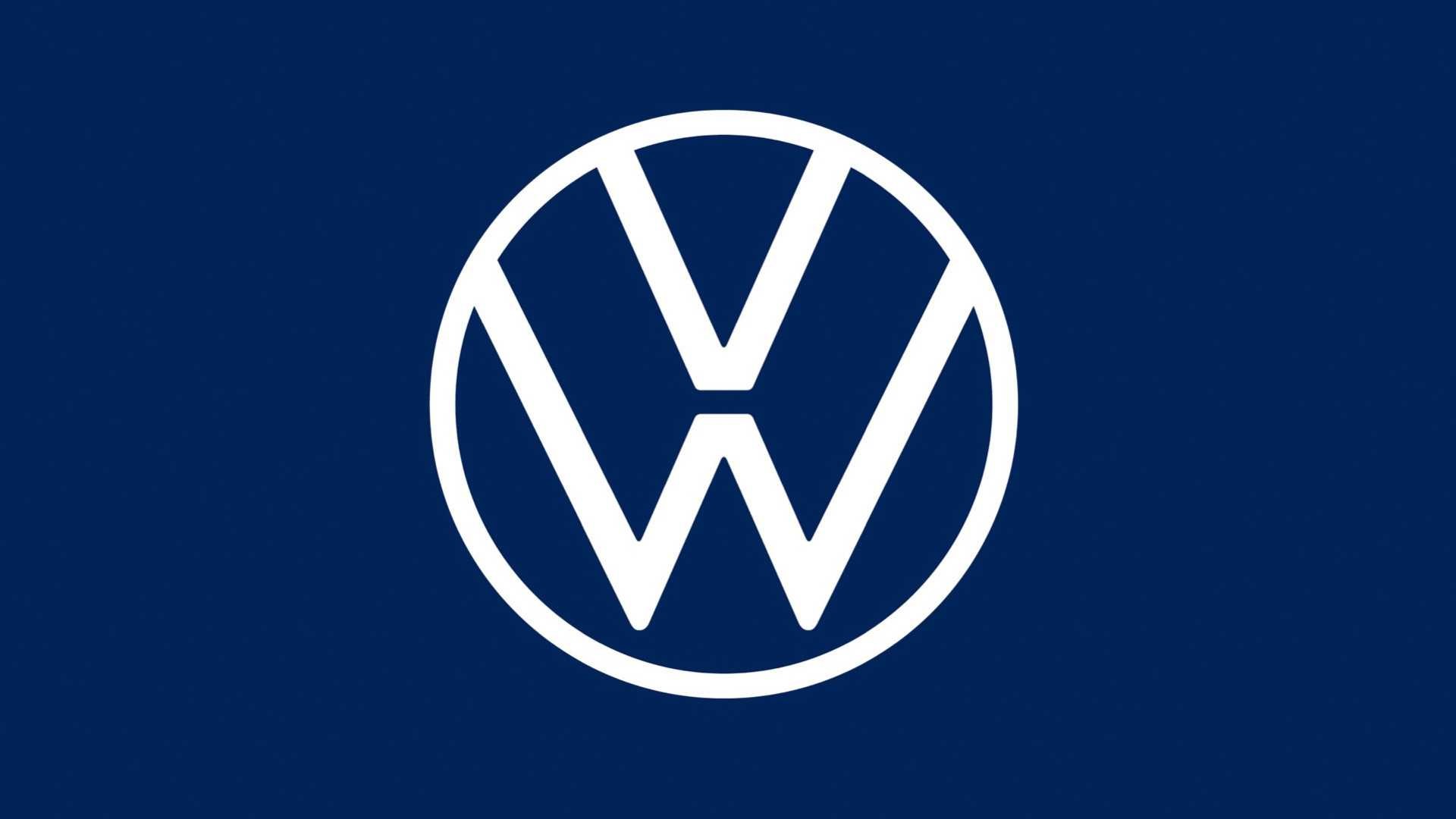Three years after Volkswagen Group UK began implementing agency-style contracts for some of its dealer networks selling electric vehicles, the business is now considering reversing its rollout.
A “review of its sales model” is under way by bosses in Germany and expected to be completed by the end of March 2025, the vehicle manufacturer has confirmed.
Volkswagen Group said its long-term ambition remains “a full agency” sales model, however it believes it may need a different approach “in the short- to mid-term” to better serve its customers.
Some think that changing tack will in fact better serve the manufacturer, not necessarily customers.
I think the tough market for EV sales has left VW Group feeling it doesn’t want to bear so much risk,” one industry observer told Automotive Management in reaction to the review.
“Why would it want to be responsible for its EV stock while waiting to persuade buyers when under a traditional model it can push it out onto its franchisees’ balance sheets?”
Although VW Group UK has used agency contracts successfully for fleet sales for years, rewarding dealerships for managing the delivery to the customer, it has been rolling out agency across its brands for EV sales gradually since late 2021, with Cupra, Volkswagen and Skoda implemented, and Audi yet to go.
In the past OEMs typically described the agency model as an opportunity to bring them closer to the people who buy their cars, and have insisted that it would create a better experience for customers and more consistent pricing.
However tougher market conditions and the complexity involved have led several manufacturers, including Stellantis, BMW Group and JLR, to delay or cancel their plans, and currently Mercedes-Benz and Volvo Cars are the only major brands in the UK that have agency-type agreements for new car sales with their retailers.
VW Group’s statement outlined: “Due to the slower transition to electric mobility across the industry, two sales models for private customers would need to be operated in parallel longer than originally anticipated: The Agency model for all-electric vehicles (BEVs) and the indirect sales model for vehicles with other drivetrains.
“Maintaining this high level of complexity for an extended period of time would be a key challenge for the sales organization. Therefore, a joint review process with the wholesale and retail organizations will start immediately to determine whether returning to an indirect sales model for BEVs might be a favourable alternative for the short- to mid-term.”
Marco Schubert, member of VW Group’s extended executive committee for sales, said: “The full agency with direct sales to customers clearly remains our guiding star in the long-term. However, given changing framework conditions we have to re-evaluate if our current agency model for all-electric vehicles delivers the best possible customer experience.
“Therefore, we will initiate a joint review process with our wholesale and retail organisations whether returning to an indirect sales model might be a favourable alternative in the short- to mid-term for selected markets.”
Full agency for all vehicles in Ireland
Earlier this year ICDP managing director Steve Young told Automotive Management that for dealerships the issue with agency agreements is not necessarily the terms, but the impact to volumes of vehicles sold.
He added: ““You need volume x (times) handover fee in order to get to the right revenue. If an OEMs’ volumes are down then the dealer isn’t going to get the revenues.”
VW Group said that despite potential adjustments in the short- and mid-term, it continues to consistently pursue its long-term target of a ‘Direct to Customer’ sales model with a Full Agency.
“Working towards this ambition, gaining more insights on the Agency is crucial,” said its statement. This means that full agency for vehicles across all drivetrains will be established in Ireland and Sweden, its fleet agency model will be further scaled, and Cupra will continue to sell battery electric vehicles in the agency model.

